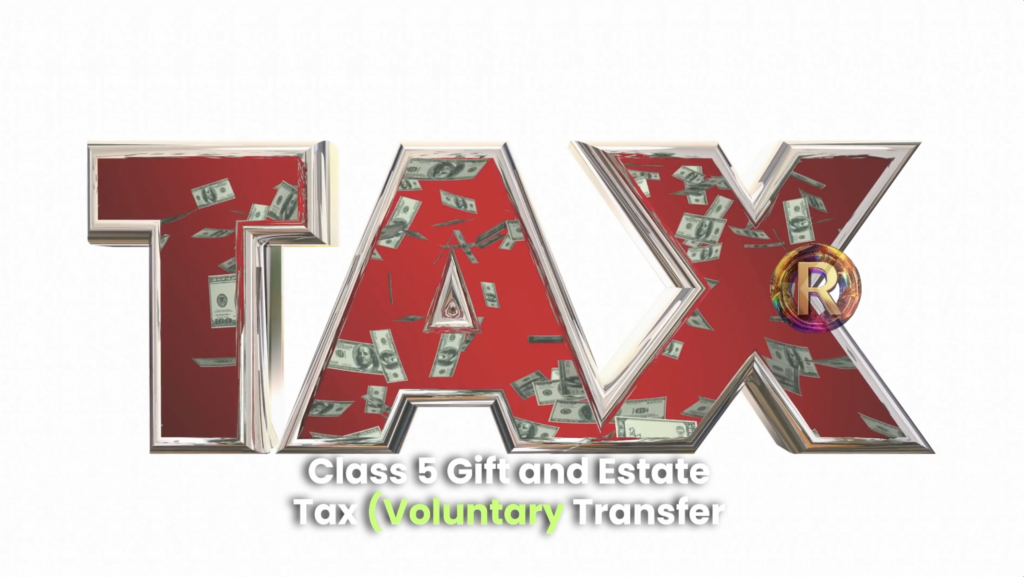The W-2 as an Implied Gift Contract
The IRS Form W-2, commonly used for reporting wages and tax withholdings, actually functions as an instrument that implies you have voluntarily gifted your earnings to your employer and consented to taxation on those earnings. This interpretation arises from the legal definitions and classifications of gift taxation under IRS regulations and the Internal Revenue Code (IRC).
Under contract law principles, consideration (value given in exchange for something) must exist for a transaction to be enforceable as a true exchange. However, when an individual voluntarily signs a W-4, which is a form of election, they essentially authorize their employer to withhold earnings and submit them as taxable income under the assumption that they owe the tax. This creates a presumption that the individual has voluntarily “gifted” their earnings into the federal income tax system rather than engaging in a mandatory exchange for lawful taxation.
W-2 and Gift Tax: Classifying Compensation Under IRS Gift & Estate Tax Rules
The IRS classifies certain types of voluntary transfers of wealth under gift tax rules, which are outlined in 26 U.S.C. (IRC) § 2501 (Imposition of Gift Tax) and 26 U.S.C. § 2511 (Transfers in General).
The W-2 structure aligns with “gifts” as defined under estate and gift taxation laws in the following ways:
1️⃣ Class 2 Gift Tax (Compensation & Estate Planning)
-
Compensation under Title 26 (IRC) Subtitle B, Chapter 12 can be interpreted as a Class 2 transfer, which relates to voluntary transfers that are not direct compensation but rather deemed taxable under IRS-imposed definitions.
-
By failing to rebut the presumption that the wages were “gifted” into the tax system, the IRS assumes the funds were voluntarily surrendered and subjects them to income taxation rather than a lawful exchange of labor for compensation.
2️⃣ Class 5 Gift and Estate Tax (Voluntary Transfer Without Consideration)
-
A W-2 wage report can be classified under a “Class 5 Gift,” which is a voluntary transfer where the receiver (employer) gains control over a portion of the transferred value.
-
Since employers withhold taxes from the employee’s gross earnings and submit them to the government under “voluntary compliance,” this creates an undisclosed trust relationship in which the employee’s compensation is presumed to be placed under federal authority voluntarily.
-
If no consideration (fair exchange of value) is explicitly stated or challenged, the funds are treated as a taxable donation or gift subject to IRS control.
The W-2’s Connection to Estate Tax (Wealth Transfer Taxation)
Under 26 U.S.C. § 2001 (Estate Tax Imposed), transfers of wealth, including lifetime earnings, are considered taxable “gifts” if voluntarily placed into the system without proper legal objection.
-
By signing a W-4 and receiving a W-2, individuals are presumed to have “gifted” their compensation into the federal tax system without rebutting the presumption that they owed the tax.
-
Because the IRS does not classify income taxation as mandatory for private citizens absent a lawful obligation, the silent acceptance of W-2 reporting places the individual’s earnings into a voluntary classification, akin to an estate transfer.
-
The IRS can then assess estate and gift tax liabilities under IRC Subtitle B (Estate and Gift Taxes), Chapters 11-15.
How to Rebut the Gift & Estate Tax Presumption
To challenge the presumption that your earnings were gifted to your employer and subjected to taxation under estate and gift tax rules, an individual must:
1️⃣ Issue a Notice of Revocation & Rebuttal under UCC 1-308, reserving all rights and explicitly stating that no voluntary gift of earnings has been made.
2️⃣ Demand Proper Tax Classification under 26 U.S.C. § 83 (Property Transferred in Connection with Performance of Services), which states that compensation for labor cannot be involuntarily reclassified without contractual agreement.
3️⃣ File a Corrected Form 4852 (Substitute for W-2), challenging the improper classification and requesting a proper record of non-gift compensation.
Conclusion: The W-2 as a Silent Gift Agreement
By default, a W-2 places an individual in a presumed trust relationship where they are deemed to have gifted their earnings to their employer and subsequently to the IRS through voluntary withholding. This classification, falling under gift and estate tax laws, can be rebutted by asserting lawful classification of labor compensation and rejecting the voluntary compliance assumption.
Failing to challenge this presumption results in automatic tax liability under the IRS’s wealth transfer and income taxation rules, effectively treating private earnings as property voluntarily surrendered into the tax system.




